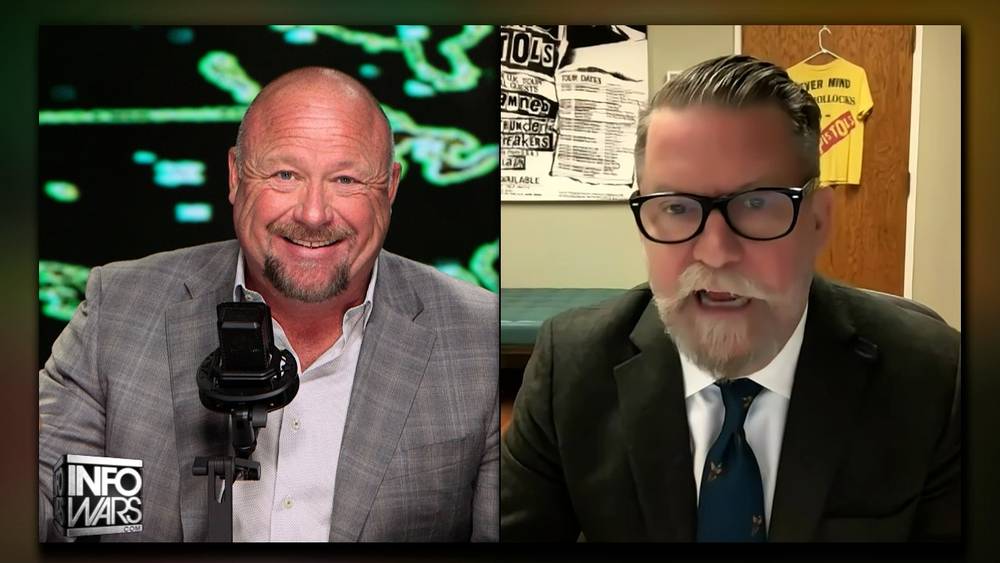
Manufacturers are hesitant to plough cash into a corrupt nation at war despite pressure from the Pentagon, according to Defense One.
American arms manufacturers are reluctant to open workshops in Ukraine despite the Pentagon coaxing them to do so, the military news outlet Defense One reported on Tuesday, citing a US State Department official.
The Ukrainian government has touted the build-up of domestic arms manufacturing by foreign firms as an alternative to the long-term supply of military aid by Western sponsors. Germany’s Rheinmetall has so far voiced the most ambitious plans to operate on Ukrainian soil, promising to make not just munitions, but also armored vehicles and tanks in the country.
However, other large players, particularly those from the US, have been cautious about making such pledges. Northrop Grumman is an exception, having announced last month that it had finalized an agreement to produce medium-caliber ammunition in Ukraine. The company will provide equipment and training, but has refused to put its own employees on the ground.
Read more NATO preparing for ‘protracted wars’ – Pentagon
Making investments into a manufacturing facility that could be obliterated by Russia and may not have sustained demand in the future “has to make sense from a business case,” a US State Department official told Defense One on the sidelines of the Farnborough air show in the UK. The US industry “is really eager” to profit, but needs the government to hedge their investments for risks, according to the source.
”It has to be a business case for what they’re trying to do, and so looking at maybe starting off with a maintenance, repair, and overhaul type stuff, spare parts production, so kind of starting a crawl-walk-run-type philosophy, before you actually get to the more advanced stuff,”the official said.
In addition to the war-related risks, Western firms are also concerned about corruption, the source acknowledged. The US diplomat claimed that Ukraine was making progress in that regard, but was far from where it needed to be to allay the concerns.
Graft has been an endemic problem in the country since it gained independence in the early 1990s. Ukrainian leader Vladimir Zelensky has reportedly complained about the attention paid to the problem by his Western backers, claiming that it is largely irrelevant at a time when his nation is fighting Russia.
READ MORE: Ukrainian draft dodgers found in meat truck
Russia has described the Ukraine conflict as a US-triggered proxy war against it, waged for the sake of Washington’s geopolitical interests. The American economy has benefited from it by boosting demand for weapons and tanking the competitiveness of Western European manufacturers, Russian officials have said. European firms have lost access to cheap Russian energy and raw materials due to the breakdown of trade with the country, with some relocating plants to the US as a result.



